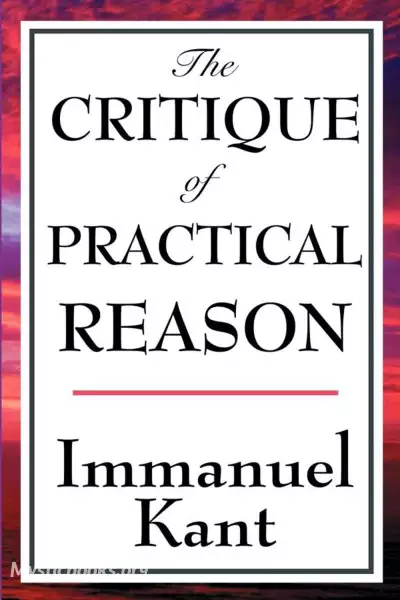
The Critique of Practical Reason
'The Critique of Practical Reason ' Summary
The first Critique, "of Pure Reason", was a criticism of the pretensions of those who use pure theoretical reason, who claim to attain metaphysical truths beyond the ken of applied reasoning. The conclusion was that pure theoretical reason must be restrained, because it produces confused arguments when applied outside of its appropriate sphere. However, the Critique of Practical Reason is not a critique of pure practical reason, but rather a defense of it as being capable of grounding behavior superior to that grounded by desire-based practical reasoning. It is actually a critique, then, of the pretensions of applied practical reason. Pure practical reason must not be restrained, in fact, but cultivated.
Kant informs us that while the first Critique suggested that God, freedom, and immortality are unknowable, the second Critique will mitigate this claim. Freedom is indeed knowable because it is revealed by the moral law. God and immortality are also knowable, but practical reason now requires belief in these postulates of reason. Kant once again invites his dissatisfied critics to actually provide a proof of God's existence and shows that this is impossible because the various arguments (ontological, cosmological and teleological) for God's existence all depend essentially on the idea that existence is a predicate inherent to the concepts to which it is applied.
Kant insists that the Critique can stand alone from the earlier Groundwork of the Metaphysics of Morals, although it addresses some criticisms leveled at that work. This work will proceed at a higher level of abstraction.
Book Details
Language
EnglishOriginal Language
GermanPublished In
1788Genre/Category
Tags/Keywords
Authors

Immanuel Kant
Prussia
Immanuel Kant was a German philosopher and one of the central Enlightenment thinkers. Kant's comprehensive and systematic works in epistemology, metaphysics, ethics, and aesthetics have made him one o...
Books by Immanuel KantDownload eBooks
Listen/Download Audiobook
- Select Speed
Related books

Confessions of al-Ghazali by Abū Ḥāmid Muḥammad ibn Muḥammad al-Ghazālī
The Confessions of al-Ghazali is an intellectual autobiography in which the renowned 11th-century Persian theologian and philosopher Abu Hamid al-Ghaz...
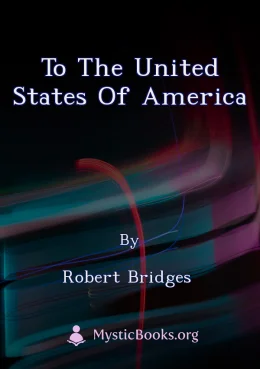
To the United States of America by Robert Bridges
In celebration of Independence Day in the United States, 2007, LibriVox volunteers bring you 12 different recordings of To the United States of Americ...
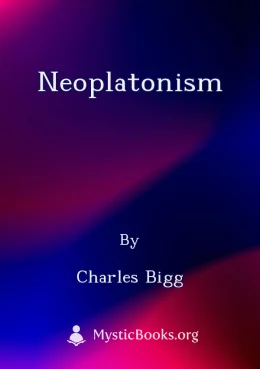
Neoplatonism by Charles Bigg
Neoplatonism is a philosophical and religious system that originated in the 3rd century AD. It is based on the teachings of the philosopher Plotinus,...
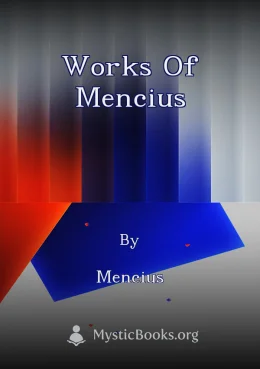
Works of Mencius by Mencius
The *Works of Mencius*, a foundational text in Chinese philosophy, presents the teachings of Mencius (372-289 BC), a prominent figure in the Confucian...
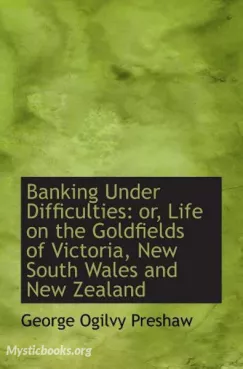
Banking Under Difficulties by George Ogilvy Preshaw
In this, readers are transported to a tumultuous era where the foundations of the banking industry are shaken to their core. This captivating narrativ...

Charmides by Plato (Πλάτων)
Charmides is a Socratic dialogue written by Plato that explores the nature of temperance, a virtue highly valued in ancient Greek society. The dialogu...
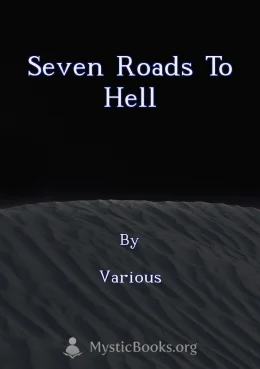
Seven Roads to Hell by Various
This book explores the concept of the seven deadly sins, also known as the capital sins. It argues that these sins are not abstract concepts but repre...

New Republic; or Culture, Faith and Philosophy in an English Country House by William Hurrell Mallock
The New Republic is a satirical novel by William Hurrell Mallock, first published in 1877. The novel depicts a group of upper-class men and women who...

Sree Krishna, The Lord of Love by Baba Premanand Bharati
It is a comprehensive guide to the life and teachings of Lord Krishna, one of the most revered and beloved deities in Hinduism. Baba Premanand Bharat...
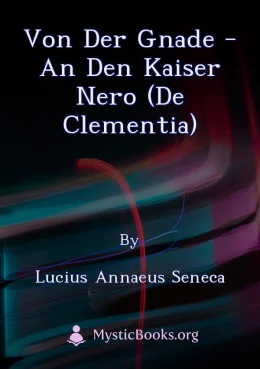
Von der Gnade - An den Kaiser Nero (De Clementia) by Lucius Annaeus Seneca
In "De Clementia" (On Clemency), Seneca, a Roman Stoic philosopher and advisor to Emperor Nero, explores the concept of clemency as a virtue of good g...
Reviews for The Critique of Practical Reason
No reviews posted or approved, yet...